Ebenezer Scrooge (from Christmas Carol by Charles Dickens)
Ebenezer Scrooge is the main character in Christmas Carol, the most popular book by Charles Dickens and the most iconic Christmas related book ever. It's a story about a miser who completely changes his character after being visited by the ghost of his former partner who introduces him to three more ghosts who represent past, present, and future.
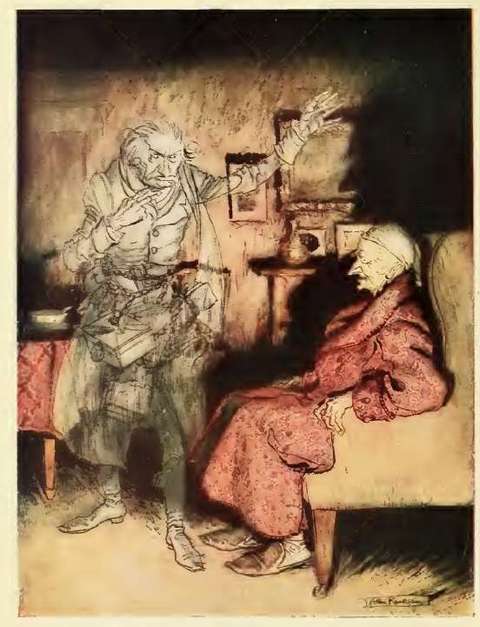
Of course, there were numerous speculations about the possibility of building the literary character on a real person (or persons). Dickens was a vivid critic of contemporary society and many real situations found their way to his fiction.
Can we name a real living man who inspired the Christmas Carol, one of the monumental works of classic literature? Actually, we can name a few. Here they are, spanning from amusing theories to more in-depth researched biographies:
Ebenezer Scroggie
This is the real name of a real man who was a merchant in Edinburgh in the 19th century. Some believe Dickens accidentally saw his gravestone stating Ebenezer was a 'meal man'. Dickens was supposed to be amused with the option of reading it as 'mean man'. There is no convincing proof for this theory, although the man really lived. Unfortunately, his gravestone can't be found.
On the other hand, the name Ebenezer (literarily meaning 'stone of help') could be just one of numerous word-plays which Dickens was so found-off. Such a name could suggest the conversion of the main character. His surname is interesting as well. Scrooge could come from scrouge, which means 'to squeeze' and suggest his stingy character. This, again could, or could not be associated with real Ebenezer Scroggie.
Some of the contemporary riches and influencers
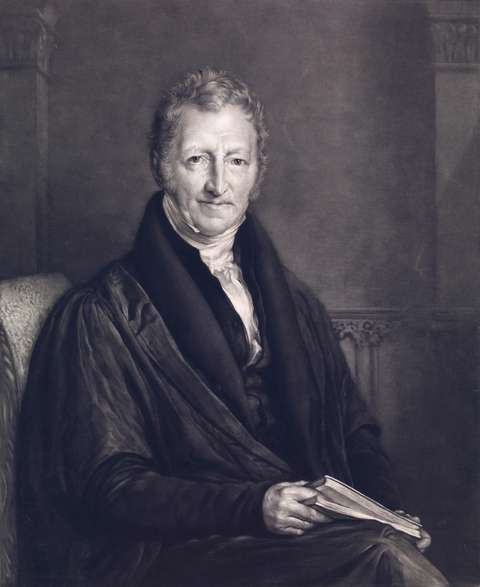
Thomas Robert Malthus was a demographer and an important economist who is today best remembered for his theory popularly called the Malthusian trap. In essence, it describes his observation of population growth in a relation to food production increase - every time food production grows the population growth follows. Instead of the higher standard, it seems people prefer to have more children. Malthus believed only the strongest should survive and poor people should not be helped because in the future there would be not enough food for all anyway.
James (Jemmy) Wood was a banker. He inherited Gloucester Old Bank from his grandfather and run it so efficiently it survived all kinds of business challenges. Jemmy was said to be so frugal, he walked everywhere to save on money for carriages and once even slept in a place reserved for the dead. He also took long walks on the banks of Glocester where he could find many small pieces of coal, useful for heating. Once he supposedly challenged a man who mocked his old clothes into a bet - if he could withdraw 100 thousand pounds, the other guy should pay him five pounds. Jemmy Wood won, of course. It is not clear how many anecdotes about his miserliness are true but the surviving documents show he was an active member of society what distinguishes him from literary Ebenezer.
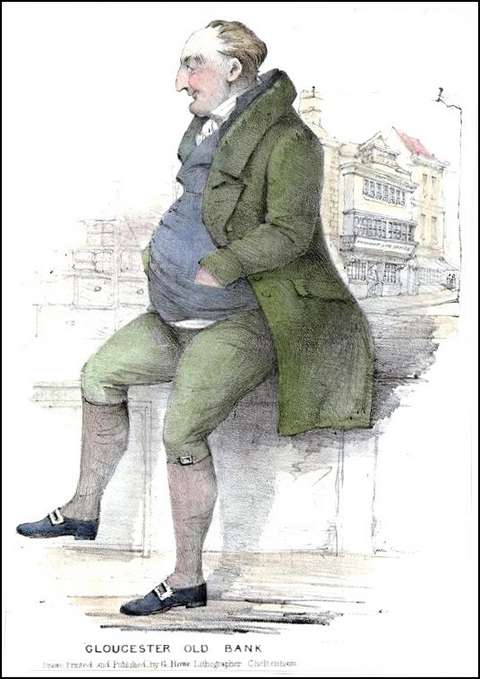
John Elwes (born Meggot) was also a gentleman who inherited his fortune. His father was a brewer who died when John was only four years old and his mother (born Elwes) was so cheap she rather starved herself to death instead of spending money for food. He was a politician, an MP for Berkshire from 1772 to 1784. He was so stingy he always went to bed in darkness to save money for candles. He also had a habit of sitting with his servants in the kitchen to save money for heating. Elwes' clothes were so ragged people often gave him a penny when they saw him on the streets. His greatest influence was his uncle Sir Hervey Elwes who taught him he shouldn't spend more than 110 pounds per year on himself. They both spent many evenings gossiping about the extravagant spendings of their acquittances, sharing the same glass of wine.
Dickens' own literary references
There are several literary characters in works written by Dickens, related to the Ebenezer Scrooge, published before Christmas Carol:
- Gabriel Grub in Pickwick Papers with his name probably based on another real person Gabriel de Graaf, a well-known miser in Netherland.
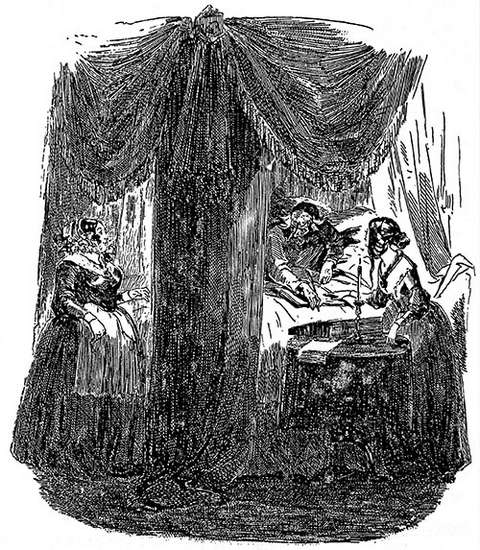
- Martin Chuzzlewit, the Senior, always worried about different financial aspects of life, from the novel Martin Chuzzlewit. He later becomes a charitable figure.
John Dickens
Charles's own father could be another important influence on creating the character of Ebenezer Scrooge. John Dickens was greatly responsible for many problems in the early years of his son. Ebenezer shares with him his cold, cruel, and greedy approach in the first part of the book yet also shows the other, loving side which was undoubtedly seen by Charles in his father.
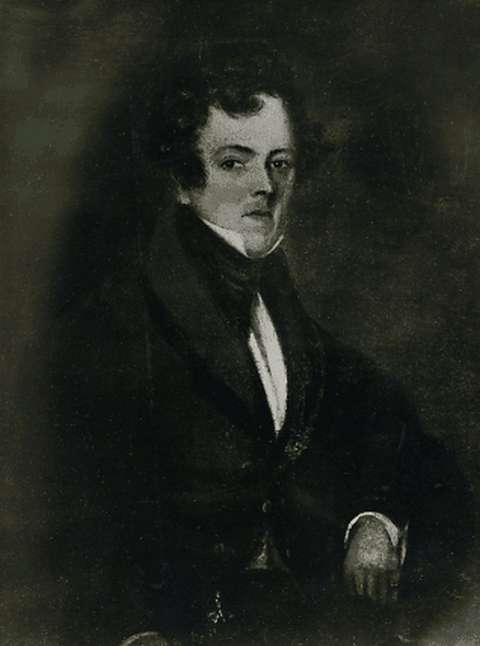
Description of Ebenezer's youth is also a kind of reflection of Charles' childhood what confirms another characteristic of his works - the inclusion of many autobiographical elements.Here you can enter text or insert images or tables, if necessary.¸
Resources:
https://www.grunge.com/140628/the-real-man-who-inspired-ebenezer-scrooge/